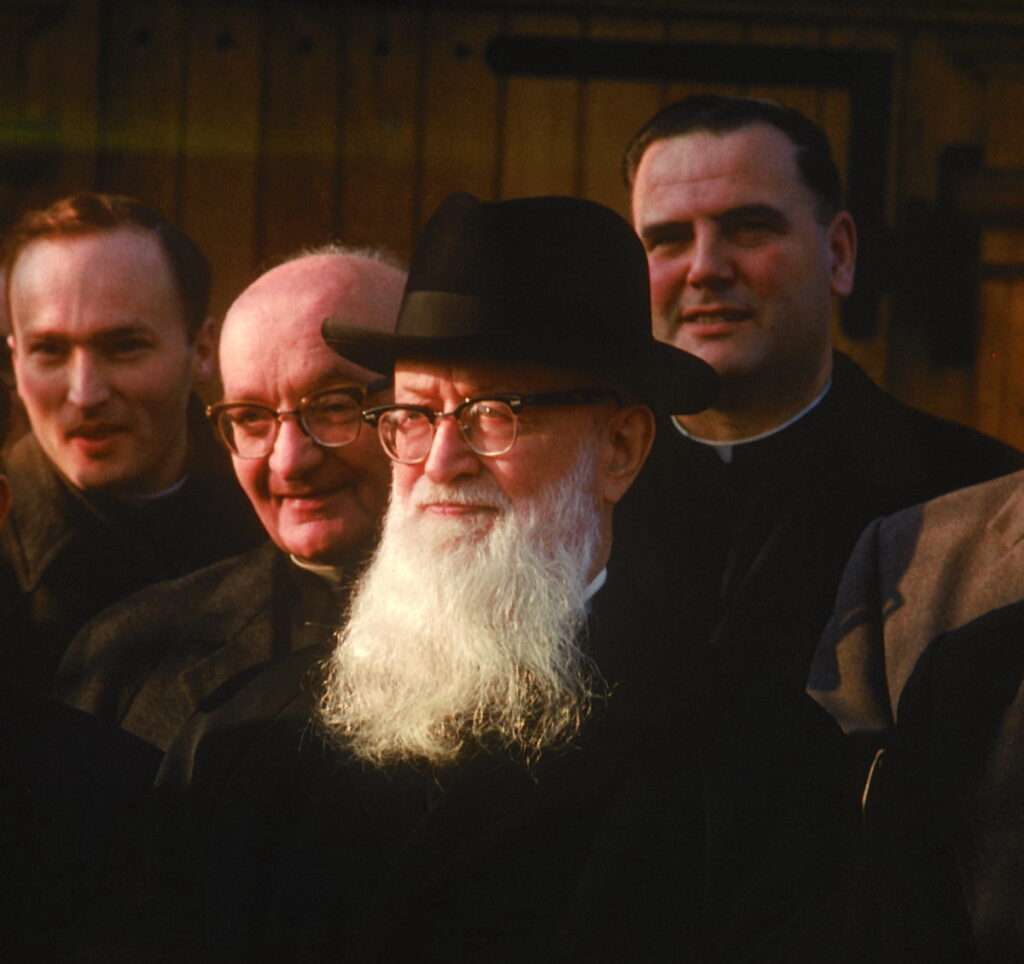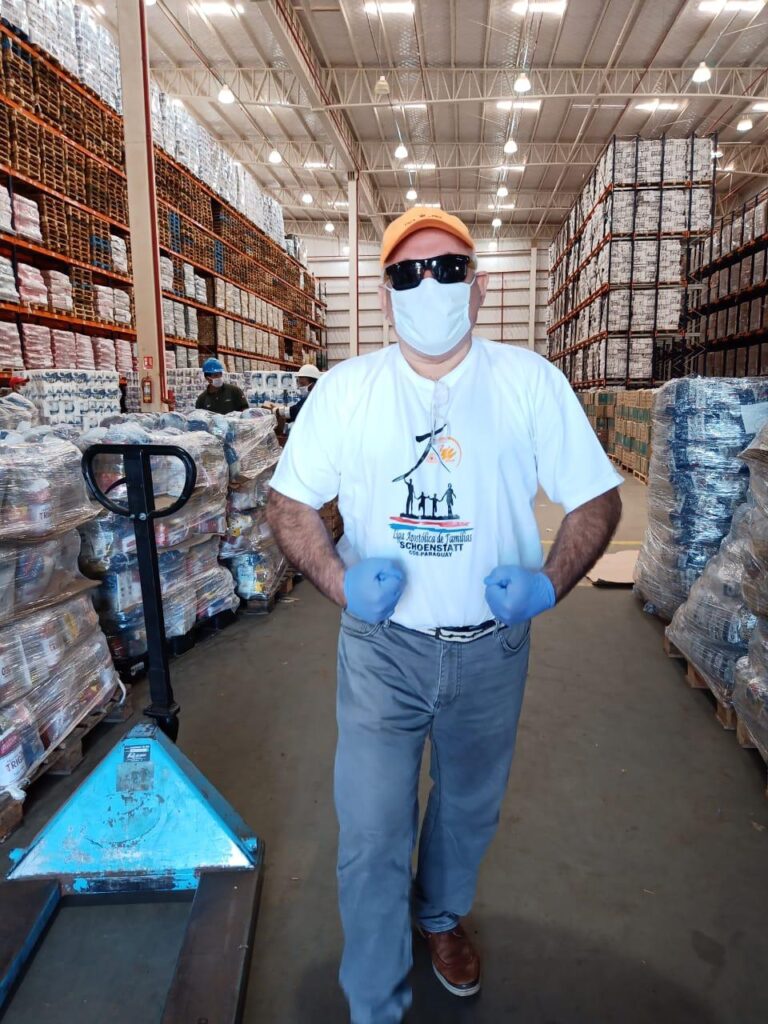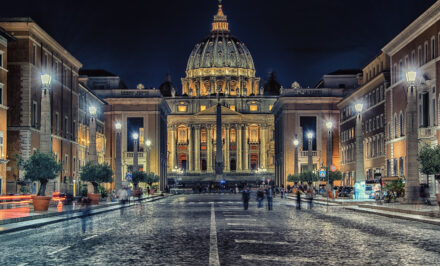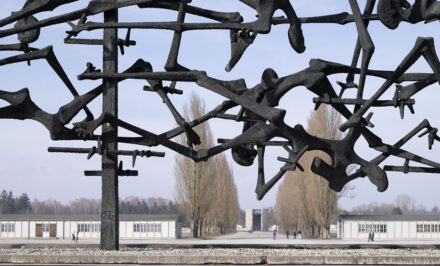Paz Leiva, Spain •
Nowadays there are adventure books or books about police matters in which one can modify the story, as one reads. Even at the end, there is the option to go back in pursuit of another ending. I don’t have these books, but my grandchildren read them. I read novels. And what I like about a good novel is that the ending is the result of the story, the life, the decisions, the wounds and the falls of its characters. It’s the writer’s art that everything fits together and that everything justifies the ending. The ending is what it is, because it can’t be any other way. —
I know people who are happy about what they live through in confinement. Locked up at home we have discovered that we pray more, that we get along wonderfully, that family is the best and that we have a corner, with a picture of Our Lady, which gives us all the security. And after confinement? – We will export our corner to the whole world.
Overview 1
This is a possible end for when the pandemic ends, if we think that there was a man who on January 20, 1942, sought all possible excuses, to get out of prison and not to go to the concentration camp. That man took refuge in a valley, in a little chapel, and stayed there, praying. And there he stayed for the rest of his life.
It all adds up. The end corresponds to the life of the protagonist. But the story could have unfolded differently.
Overview 2
We go back to the indicated page. To change the ending, we must change a decision of the protagonist.
Let’s see: a man who, on January 20, 1942, does not submit to an examination, in order to get out of prison and not go to the concentration camp. He decides to be taken to the concentration camp. He knows that what God is asking of him is to renounce his freedom. So that God can give his friends their inner freedom. And he changes the life of a concentration camp barracks. And he wrote a book secretly, where he invites his friends to remain united and fight, to listen to the voice of God and work accordingly to co-decide the destinies of the Church and the world. He believed in the salvific mission of the West and he took a chance on it. It was before the Second Vatican Council, he spoke of lay apostles, of the new shores. He maintained his way of loving, of thinking and of living even in front of the Holy Office. He also endured exile.
On the trail of the protagonist, overview 2?
And his friends, who, in 2020, came out of a pandemic, did so like the young people our protagonist met in 1914. They went to the trenches, to the war that was coming, with the health, political, economic, social and existential crisis. And they went out to serve.
And they also had a corner with a picture of the Virgin, which gave them joy in hope and security in victory. And they prayed, but like the apostles.
We are the children of a father who took a chance on us. We are children of war. We can’t just stay in our corner praying. There are many needs around us, and these are not expected or solved by prayer.
Original: Spanish 2020-05-10. Translated by Maria Aragón, Monterrey, México
















